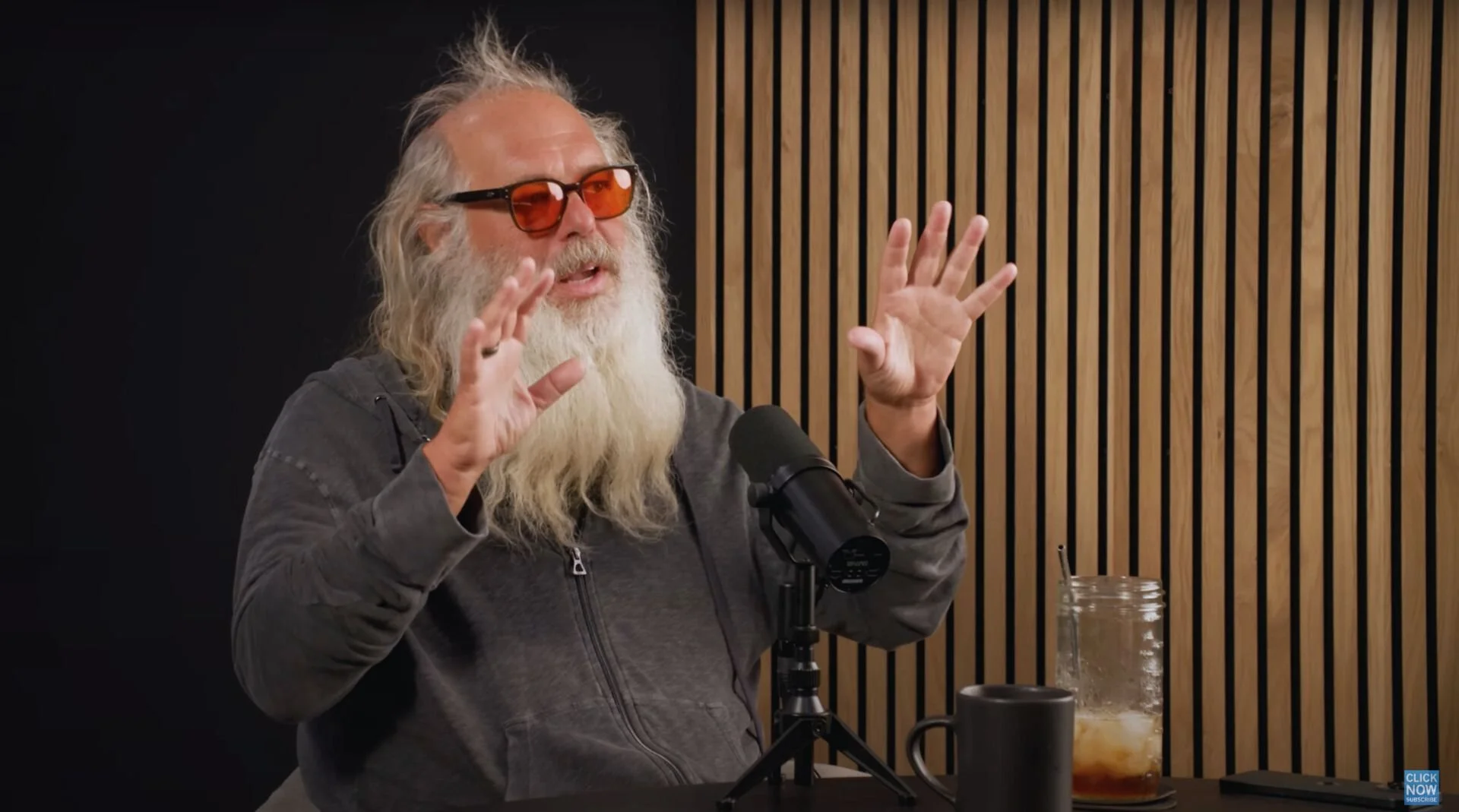My Experience Starting a Discussion Group and Why You Should Too
By Ethan Maurice | September 14, 2017
Inspired by two books I read this spring, I started a philosophy discussion group in Silver Gate, Montana this summer.
My first encounter with the idea came from Shantaram, an incredible chronicle of an adventure in which the main character is swept up from the slums of Bombay into the city's all-powerful mafia. His first encounters with the mafia leaders occur at their monthly philosophy meetings. The second encounter came in Benjamin Franklin: An American Life, where I learned of Franklin's Junto, a weekly discussion group composed of a dozen rising tradesmen and artisans in Philadelphia.
In both books, these discussion groups seemed a vital ingredient for success, communication, and organization of both character's communities. I simply thought, "Why not try to start my own?"
In June, I proposed the idea to my brother and two friends from Arkansas, each of whom I recognized intention and depth in. We met in my brother's cabin—a small structure with no kitchen, bathroom, or running water—whose rustic feel and secluded location more than made up for its lack of amenities. Situated on the bend of a creek, its front door faced directly upstream cutting a view through the trees of the valley's spectacular mountains.
Every week, we'd begin our meeting by taking a couple minutes each to share a worthwhile fact, quote, story, or other interesting thing we'd encountered. We'd then break into a discussion of that week's predetermined topic.
Our weekly discussion topics included:
How to best spend our time in Silver Gate
Dreams
Fears
Relationships
Our parent's influences on us
What it means to be a man
Motivations that underlie our actions
Reintegrating into life after Silver Gate
The variance in our priorities, influences, and the events of our lives opened doors of understanding into each other's perspectives. It illustrated how interpretations of our pasts define who we are in the present and who we want to become in the future. It brought us together, bonded through revealing our values, beliefs, and the resulting ambitions of our inner-selves.
Afterwards, we'd saunter a hundred yards downstream to a wood-fire sauna and reflect on our discussion as we repeatedly cooked ourselves and plunged into the snow-melt-fed creek. Drunk from temperature change, we'd stumble around under the brilliant Milky Way, feeling molecular, clearheaded, and ringing with life.
We met every week over the course of two months. I think it was the highlight of everyone's week—it was unquestionably mine. The setting was incredible, but take away the creekside cabin, sauna, and stars, and that core experience of discussion would still be one of the most worthwhile experiences of my life. In the future, whenever I set roots down in one place long enough to establish such a group, I intend to.
To further expound, here are the four main reasons to start your own discussion group:
1. Introspection, guidance, and perspective. Our discussion group also acted as a sounding board—a group we could spill thoughts, ideas, and questions onto and get feedback from a variety of perspectives. Not only was this useful in working through one's own thoughts, other ideas arose and assumptions were brought to light. This conversation led to my attempt to host a Chautauqua here in September, my brother diving into personal training, and a variety of other undertaken endeavors and shifts in strategy for each of us.
2. Exposure. Everyone has different interests, pursuits, and areas of knowledge. The collective mind of a discussion group expands your exposure to the best of everyone else's minds. Vast swathes of understanding which others possess and you may know nothing of are constantly uncovered. Not only does this improve one's understanding, it also acts to prevent you from becoming rooted in your own beliefs.
3. Power in organization. Collective minds in a community have greater influence, an exponentially greater capacity for affecting change. Ben Franklin's Junto, a discussion group humbly formed on Friday nights in a local tavern, went on to start a library, fire brigade, night watchmen corps, hospital, militia, and college (now known as the University of Pennsylvania). Of this experience, Franklin wrote, "The good men may do separately is small compared with what they may do collectively."
4. Sense of community. We're wired to be tribal. In a society of social media, self-promotion, and such focus on “me,” it's refreshing to be an integral part of “we.” Over two months, a mere eight meetings, I felt closer to and more invested in our group than I'd been with any other in my past three years of travel.
The directions a group can take are many.
Current issues in each other's lives or communities can be discussed, endless topics debated, books analyzed, speeches given. Such a group can be an arena for improvement, a mutual honing of minds, skills, and understanding. The lean of a group can be literary, improvement based, politically focused, financially focused, encompass all these things, or towards something else entirely.
No matter the aim, the point is to bring together thoughtful, intentional individuals in a purposeful discussion. We can learn from each other, assist in our varying causes, and do better collectively than we ever could alone.
I thought it worth sharing my experience this summer, thinking it might inspire your own. Have you ever thought about starting your own discussion group? Building your own Junto?


